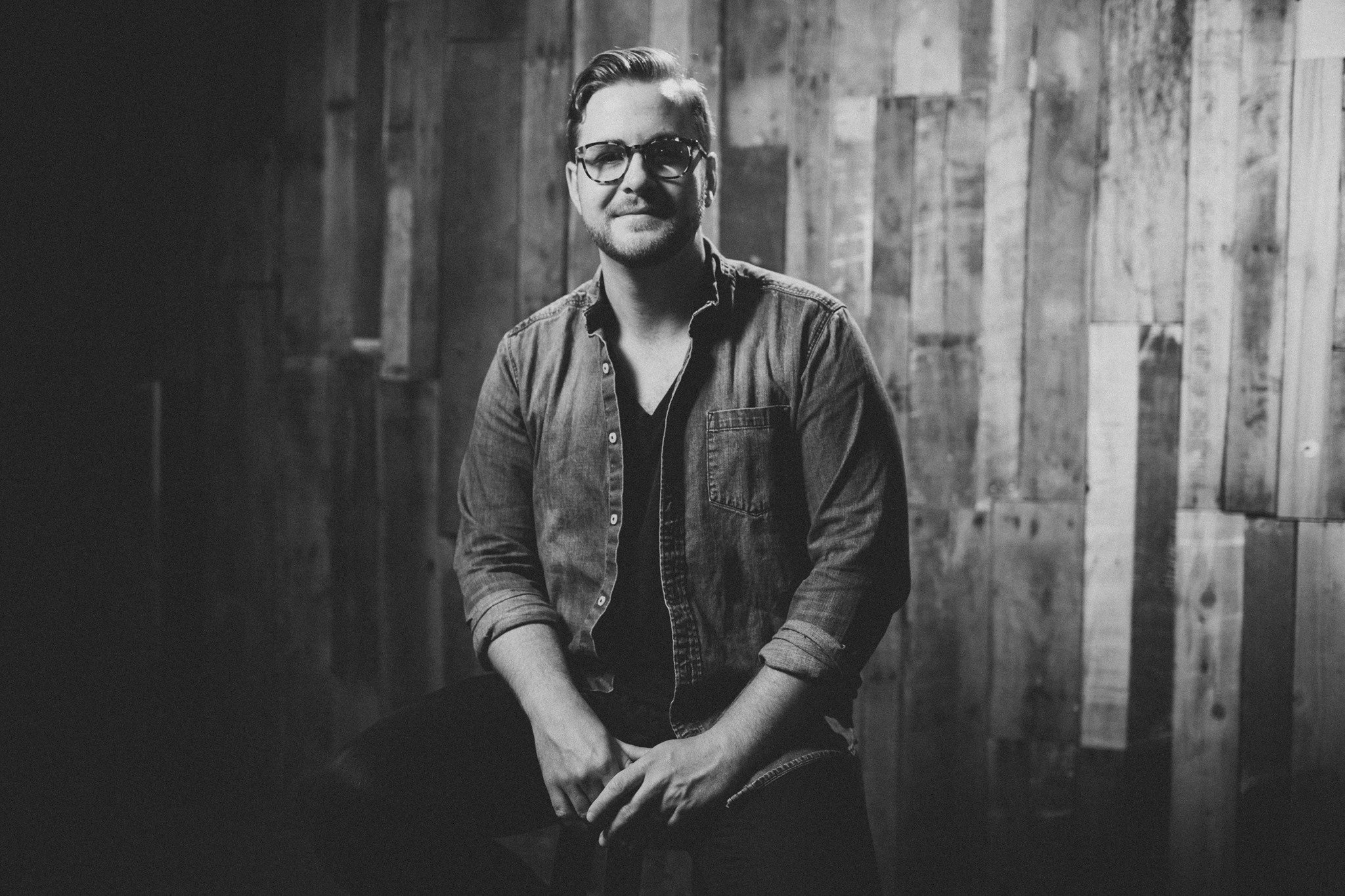Have you wondered how to sell a song?
You’ve written a song that you’re proud of. People tell you it’s good.
So what should you do with it?
Let’s say you’re not a musician at all, but a brand-new beginner. You’re probably asking yourself:
- Do I need to copyright my song?
- Will someone steal it?
- Can I make any money from it?
If you’re a little more savvy and you’ve been in the business a while, you might wonder:
- Do I need to join a PRO?
- Should I pitch my song to artists or publishing companies?
I’ll answer all these questions in this post. But first, a reality check.
What Does it Mean to ‘Sell a Song’?
There’s a huge misconception, especially among non-musicians and beginners who aren’t familiar with the industry, about how songwriters make money.
People think they can “sell” a song, to an artist for example, and cash in with a big payday.
Or they think that if they write something good, a publisher or record label will buy a single song on its merits.
Neither of these things happen in the real world.
It’s nearly impossible to make any money at all if you’ve only written one song. (We’ll look at some examples near the end of this post to show you how some people have found success.)
If you really want to make money from songs that you’ve written, that happens when you:
- Get a publishing deal
- Secure licensing deals
- Work for hire, writing specifically for a client or employer
You can also sell directly to fans (we’ll look at this later in this post.)
Let’s look at the first three of these options.
What’s a publishing deal?
If you want to write radio hits for big-name artists, you’ll want a publishing deal. A music publisher will manage your catalog, collect royalties, and promote (a.k.a., administer) your songs for a cut of the profits.
Publishing deals are contractual agreements, usually lasting for a year or more. They’re not easy to get, but they’re worthwhile. Your publisher will introduce you to co-writers, pitch your song to artists who may want to cut them, and seek out sync opportunities in TV, film, and more.
What’s a licensing deal?
Licensing agreements or synchronization (sync) licenses grant limited rights to use your song for specific purposes, for example, in ads, YouTube videos, TV shows, movies, or video games. There are no standard rates for licensing, and these deals are easier to get than publishing contracts.
You’re paid a sync fee upfront and depending on the agreement, you may also earn royalties when your music is played in public (say, in a theater or streaming series).
What are works for hire?
You can also be hired under contract to create an entire song, melody, or lyric specifically for someone else’s use. In this scenario, you are paid once and then relinquish all your ownership rights and (probably) any revenue or royalties the song might earn in the future.
Who creates works for hire? Some are employees of advertising agencies or theme parks, jingle producers, or in-house composers at film studios or video game makers. Freelance composers are also hired to produce music for TV, movies, video games, websites, corporate training videos, or similar projects.
Seem complicated? It can be. But the point of this post is not to discourage you. It’s to educate you and give you a realistic overview of your options.
Now that you have an idea how songwriters make money, let’s look at who uses music and how you can reach them.
Who Buys or Uses Music? (or How to “Sell” Songs)

Your first step is to figure out who might want your song. From there, you can decide how to approach them.
The good news is you’re not limited to only one of these strategies. You can often leverage several at a time (unless you have an exclusive publishing deal that would prevent you from doing that.)
1. Artists
Artists always need music, but you won’t directly be selling songs to artists.
Established, well-known artists might still write or co-write some of their own material, but once they reach a certain level, they often get too busy to write much anymore. They have more demands on their time and other priorities, so they look to other writers to fill the gap.
When artists do use other people’s songs, they are looking for strong singles. Potential hits, in other words. Publishers pitch them demos that they think will be a good fit, and artists can reserve or “hold” the ones they want to consider for their next record.
But you can’t pitch your own songs directly to signed artists without a publisher or relationship. You can’t send unsolicited recordings to established artists for example, or give your CD to a sound person at a concert and ask them to send it on (I’ve seen it happen.)
Most artists have strict policies against that. For one, they would simply get too many submissions. For another, they might open themselves up to lawsuits from people who claim their work was stolen.
So if your goal is to reach famous artists, your best bet is to get a publishing deal first. (Note, there are services called “song pluggers” who promise to pitch your songs for you, but there are also a lot of shady characters out there. It’s beyond the scope of this post but just be aware and beware.)
The good news is, you’re more likely to be able to reach newer local and indie artists, especially artists who don’t write their own original material. Still, never be pushy. Even up-and-coming artists want to work with people they know, like, and trust.
2. Publishers
Publishers are always on the lookout for talented songwriters. But cold pitching doesn’t work here either. Many publishers don’t allow unsolicited submissions. You’ll always be better off when you can get an introduction and recommendations from people who know you well — co-writers, coaches, or mentors, for example.
If you happen to get the attention of anyone in the industry, one of the first questions they’ll ask is, “What else have you got?” Publishers will want to see that you have a track record and a catalog (not just one song.) They’ll want to know that you’re worth investing in for the long haul.
So always be networking and collaborating. Attend conferences and workshops. Talk to people. Build relationships and a reputation. Co-write and collaborate on projects. Make it your goal to be the first person decision-makers think of when an opportunity arises. And study How to Be a Professional Songwriter.
3. Music Libraries and Licensing Agencies
Music libraries and licensing agencies handle sync licenses to film, TV, and more.
As the songwriter, you must control both the composition (lyrics and music) and the recording master because the library’s or agency’s clients will need both for placements. Both offer their clients pre-cleared music, which greatly speeds up the licensing process.
Libraries and agencies are looking for high-quality, professional recordings. They often specialize in certain genres or types of music that their clients want (i.e., indie rock, electronic, vintage catalogs, etc.)
It’s easier to place your music through these companies than it is to get a publishing deal, although it always helps if you have an established track record or a relationship with someone who can refer you.
The vast majority of sync placements are non-exclusive, meaning you can license the same song to multiple users at the same time. This is good news because it means more earning opportunities. Usually there’s a submission and a vetting process. As always, watch out for scammers.
In most cases you’ll retain your copyright, but some libraries want a 50/50 split. Read the fine print carefully. Agreeing to such a split could limit your ability to get a publishing deal down the road.
And if you want to manage the business yourself, you could always license your own material without the middlemen.
4. Individuals and Commercial Interests
All kinds of businesses and individuals use music across all kinds of media. Here, the music often isn’t the main course, but instead it’s a supplement to something else they’re creating — for example, marketing videos, advertisements, training programs, video games, live events, and more.
Fitness instructors and meditation teachers use music in their classes and recordings and podcasters and audio book producers need intro/outro music. There are nearly limitless opportunities and a high demand for quality music.
Companies might buy stock music from libraries, have music supervisors on staff to hunt for music, or they might contract with you to create something for them as a work for hire.
Either way, they’re looking for a mood that supports their goal — whether that’s building suspense or excitement in a video, calming people who are stressed, or motivating conference attendees.
So produce great demos, get your music into libraries, and constantly be building relationships and a solid reputation as a composer or songwriter.
5. Music Supervisors
Music supervisors find and clear (secure legal permission to use) good music for films, TV, advertising, and more.
Pitching your music to supervisors without help is tough. You may be able to find their contact info, but most aren’t open to unsolicited submissions. If you meet someone, strike up a conversation, and they ask you to submit something to them, that’s fine. Otherwise, forgetaboutit. As always, be cool, be genuine, and don’t be pushy.
You may want to partner with a third-party licensing or pitching agency for help reaching music supervisors. Remember, they often specialize in certain genres or niches. Do your research and be sure your music is a good fit for their needs.
Supervisors often want something very specific, and agencies and libraries need to be picky to ensure they’re serving their clients effectively. Relationships and referrals will give you a leg up.
As always, make sure you understand any contracts you sign — have a lawyer review them for you.
6. Fans
If you perform your music, you have even more options to sell your songs — and the potential to create multiple income streams.
Music fans are looking for entertainment, emotion, and a feeling that they’re part of something that matters (your fan club.)
When you build your own fan base, you can sell physical CDs, vinyl, or digital downloads directly to your live or online audiences. So submit your music to the streaming services and build your email list and social media presence.
Remember, a “buy” isn’t just about money, it’s also about attention. Social media views and shares are another great way for songwriters to build a track record.
7. Investors
This option doesn’t apply to beginners, but since so many big deals are in the news recently, it’s worth mentioning. Corporations and investors who hope to make a profit sell ownership of either songs, recordings, or both, depending on the deal. These usually involve the back catalogs of established artists.
There have always been stories of songwriters who lost the rights to their songs — Michael Jackson owned much of the Beatles catalog for many years.
Streaming is a steady and lucrative business, so investors buy catalogs because they want predictable returns. Artists may sell for many reasons: because they’re nearing the end of their performing careers or because they get a tax break during a time when touring revenue is down due to the pandemic, for example.
Some recent examples are David Bowie’s estate, who sold his catalog to Warner Music for $250 million and Bob Dylan, who received $300 million from Universal Music for his. Taylor Swift has been re-recording her first 6 albums because of the controversial sale of her catalog for $300 million.
So now that you understand who licenses and uses music, what should you do?
9 Steps to Sell Your Songs
Most of the steps to selling your songs we’ve already talked about in this post on becoming a pro songwriter. Your end goal is to get a publishing deal.
So first, you’ll want to:
- Copyright your music. You can learn more about copyrighting here.
- Join a PRO. They’ll collect and distribute your royalties to you, and they offer additional benefits as well.
Then follow the steps I’ve listed in this post. Briefly, they are:
- Hone your songwriting craft — write every day, record demos, build your catalog and track record.
- Constantly learn about music.
- Partner with up-and-comers, including other songwriters and artists.
- Collaborate with signed writers. This is super important because many first-time writers get deals because of recommendations from signed writers.
- Build your network.
- Rewrite, rewrite, and rewrite some more, to craft the best songs you can.
- Work for hire. Let companies pay you to be creative.
But I only have one song!

First off, congratulations. Even writing one song is an accomplishment.
So now that you’ve seen how the business works, decide what you want to do with it.
Do you simply want to share it with your friends and family?
Then copyright it, get a good recording, and share it on YouTube, for example.
There are stories of people who have gotten a bit of fame and some traction from one song.
Did these folks make any money? Doubtful.
Was it life-changing? Possibly.
But there’s no doubt it’s incredibly satisfying.
You’re most likely to succeed if you have a unique angle, for example, a heartwarming story or an experience that loads of people can relate to.
Be sure it’s well-written and professionally produced — enlist help if you need to.
And just because you might not make tons of money or get the attention of a big-name artist, it doesn’t mean that you can’t make the world a better place.
Here’s one great example:
Selling Songs — Get Started Today
There’s no doubt, the music industry is complex.
There’s no guarantee your songs will sell, but if you follow the advice I’ve given you here, keep learning, and keep writing, you’ll significantly increase your chances of success.
If you’re ready to get serious about songwriting, check out How To Write a Song: A Beginner’s Guide to Songwriting.


